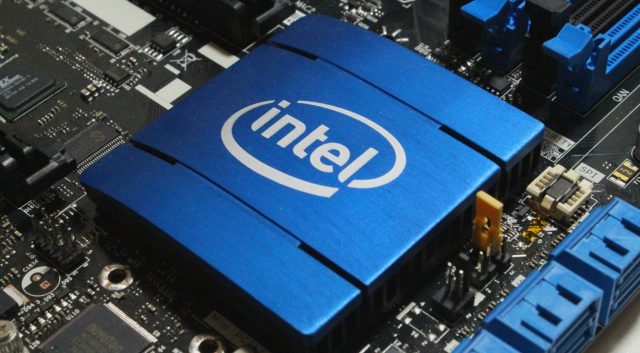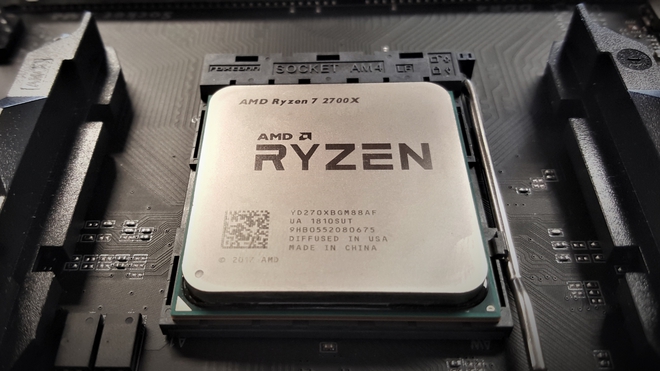Intel wants people not to care about benchmarks anymore
- Tram Ho
At Computex last week, Intel CEO Bob Swan gave a speech about the overall situation of the computing industry as well as the technology and impact of the pandemic on this field. Most notably, he called on the technology industry not to pay attention to benchmarks anymore, instead, focusing on other factors.
“We should see this moment (the Covid-19 pandemic) as an opportunity to shift the focus of the industry from moving towards benchmarking to the other benefits and impact of the industry,” Swan said. “The technology we created. The pandemic has emphasized the need for technologies that are built with the purpose of meeting evolving consumer and business needs.”

Indeed, Mr. Swan also has a good reason. The system’s benchmark score is not what makes everything. Specifying a laptop’s benchmark won’t tell you how comfortable or uncomfortable its keyboard or device angles are. Moreover, the difference in benchmark scores between processor generations does not indicate the user experience for a specific application or game.
However, no matter how rational Mr. Swan’s argument is, one cannot help but doubt the true motive behind it: processor chip benchmarks are causing Intel headaches.
Intel’s newly launched CPUs are still stuck at the old 14nm process, while their biggest rival, AMD, has moved on to the new 7nm process. AMD’s technological leap has created processors that outperform Intel’s chips – of course this is also true of benchmark scores.
Even a playground dominated by Intel as a laptop is being threatened by AMD’s new Ryzen 4000 processor family. Similar to desktop products, the new technology process allows AMD to create processors with better processing power – higher benchmark scores – but with much better energy efficiency.

And yet, benchmarks show that even Apple’s ARM processors, which are currently fitted to the company’s iPads, have the same power as many high-end Intel desktop chips. This made the company even more worried about the predictions that Apple is about to launch MacBooks using ARM chips to replace Intel in the future.
The benchmark is not comprehensive. It’s true. But the fact that Intel is being left by many other competitors on the benchmark track is also an undeniable truth. This makes the weight of the Intel CEO’s call no longer significant.
The irony is that at present, Intel itself is relying on also based on benchmarks to reassure fans that the Tiger Lake processor family, expected to ship in July or August of this year, will have strength superior to the previous generation.
Anyway, the benchmark score is something that users can look at and make their comments. It’s hard for the tech industry to ignore that.
Refer to ExtremeTech
Source : Genk
